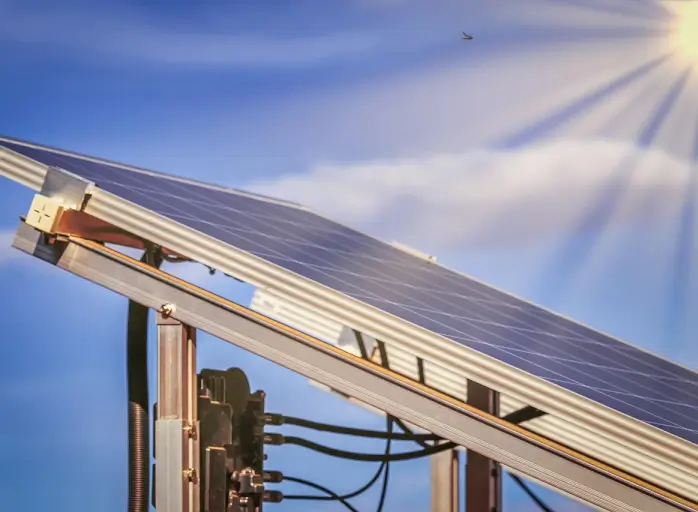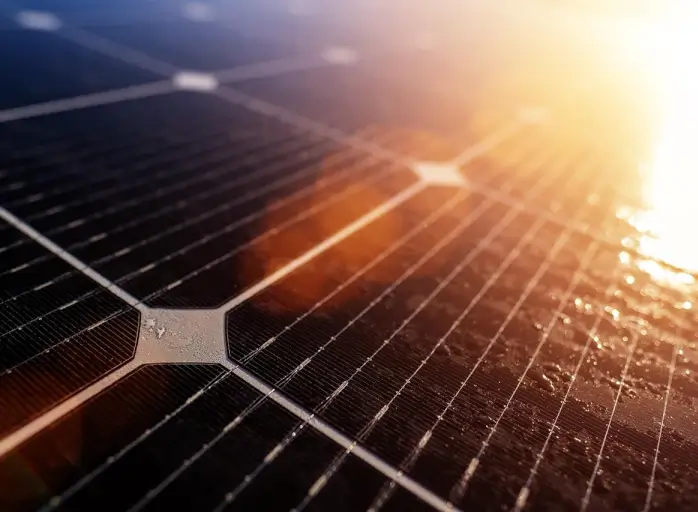

Next Step Fusion: AI-Powered Plasma Control
By developing a hybrid system, the company is revolutionising fusion processes by enabling more stable and efficient operations.
[This article is part of a content series developed in collaboration with FEDIL, showcasing how artificial intelligence is contributing to the digital transformation of Luxembourg’s economy.]
Next Step Fusion, founded in September 2023 and headquartered in Luxembourg, is a private company at the forefront of fusion energy innovation. With a team of over 20 experts in plasma physics, tokamak simulation, control systems and artificial intelligence, the company offers advanced solutions for plasma simulation and control, tokamak design and machine learning applications tailored to the fusion industry.
Their experience spans major fusion projects such as ITER, DIII-D, COMPASS, T-10, T-15MD, KTM and ISTTOK. The team has a track record of collaboration with international research institutes, national laboratories and private-sector tokamak developers.
The challenge: Controlling plasma for commercial fusion
Fusion energy promises a clean, abundant and sustainable solution to meet the world’s rising electricity demand - expected to grow by over 80% by 2050. Tokamaks, the most promising fusion devices, use magnetic fields to confine plasma at temperatures exceeding 100 million degrees Celsius.
However, transitioning from experimental setups to commercial Fusion Power Plants (FPPs) presents a major hurdle: maintaining stable plasma confinement over long durations in harsh environments.
Current plasma control systems are scenario-based, slow to react and heavily reliant on manual tuning. They struggle to predict and prevent instabilities in real time, especially under the demanding conditions of future FPPs, which will operate with limited diagnostics and high radiation exposure.
AI-driven plasma control system
Next Step Fusion’s innovation lies in its hybrid Plasma Control System (PCS), which integrates traditional control methods (like PID controllers) with cutting-edge machine learning techniques - particularly reinforcement learning (RL), Bayesian inference and neural networks.
This AI-powered system dynamically adapts to plasma behavior, predicts and avoids disruptions and enables exploration of new plasma states without relying on full magnetic reconstructions.
The PCS is machine-agnostic and scalable, making it suitable for a wide range of fusion devices. It transforms plasma control from a rigid, scenario-based task into a flexible, real-time optimisation challenge, paving the way for more stable and efficient fusion operations.
Real-world validation and impact
In 2024, Next Step Fusion successfully demonstrated its RL-based control module at the DIII-D National Fusion Facility in San Diego. The controller was integrated into the tokamak’s existing PCS and replaced the standard shape control loop in real time, operating at 4 kHz. The results showed strong stability and performance, with the plasma shape successfully controlled across a range of scenarios.
This validation highlights the system’s potential to improve efficiency in high-temperature semiconductor coil devices and future FPPs.
The RL agent developed by Next Step Fusion learns control policies directly from sensor and actuator data, eliminating the need for intermediate magnetic flux reconstructions. This significantly accelerates training and enhances adaptability across different plasma shapes and operating conditions.
Unlike conventional systems that rely on predefined scenarios and linear models, Next Step Fusion’s AI-based approach offers:
- Real-time adaptive control that responds to actual plasma conditions.
- Generalisation across scenarios, enabling robust operation under diverse conditions.
- Exploration of new regimes, allowing researchers to test previously unattainable configurations.
- Accelerated design cycles and cost reduction, minimising manual tuning and trial-and-error experimentation.
These innovations position the PCS as a transformative technology for the fusion sector, capable of overcoming the limitations of traditional control systems and enabling commercial viability.
Next Step Fusion’s project is poised to contribute significantly to Luxembourg’s economy and technological leadership. The project stands out as a pioneering initiative with the potential to transform Luxembourg's role in fusion energy research.
The company plans to expand its team with additional ML researchers and software developers, creating high-tech jobs. Its scalable software solutions have strong export potential, particularly in Europe, the U.S. and Asia. Strategic collaborations with academic institutions and innovation clusters further enhance Luxembourg’s position in the global fusion race.
Now the company is moving from pilots to commercial projects, supporting its first clients with design and simulation services for next-generation tokamaks. Partnerships with researchers and private tokamak developers are laying the groundwork for future commercial deployments as the fusion industry transitions from research to prototype development.
AI as the enabler for fusion at scale
Next Step Fusion’s AI-powered Plasma Control System represents a critical leap toward achieving net-positive fusion energy. By combining conventional engineering with advanced AI, the company addresses one of the most pressing challenges in fusion energy - plasma control. With proven results, strategic partnerships and a strong interdisciplinary team, Next Step Fusion is well-positioned to lead the commercialisation of fusion energy and contribute to a cleaner, more sustainable future.







